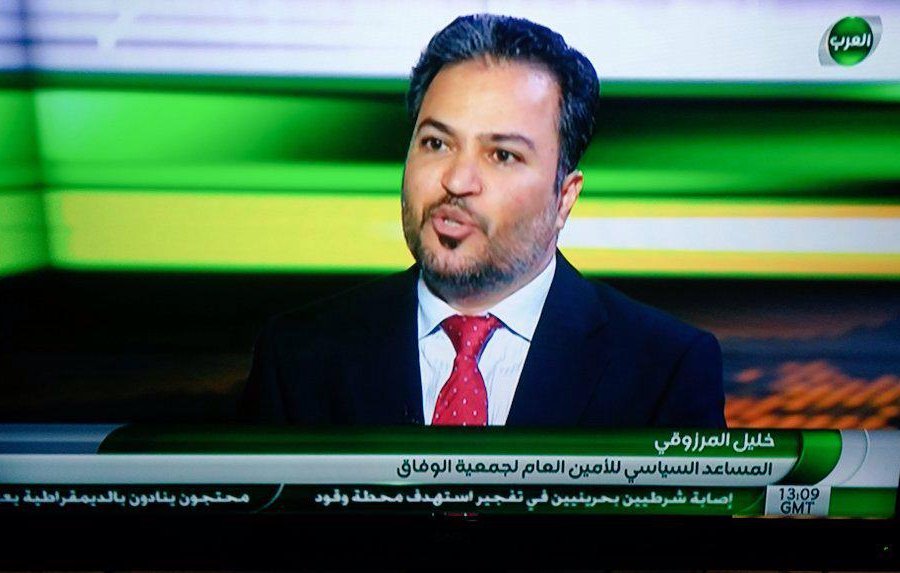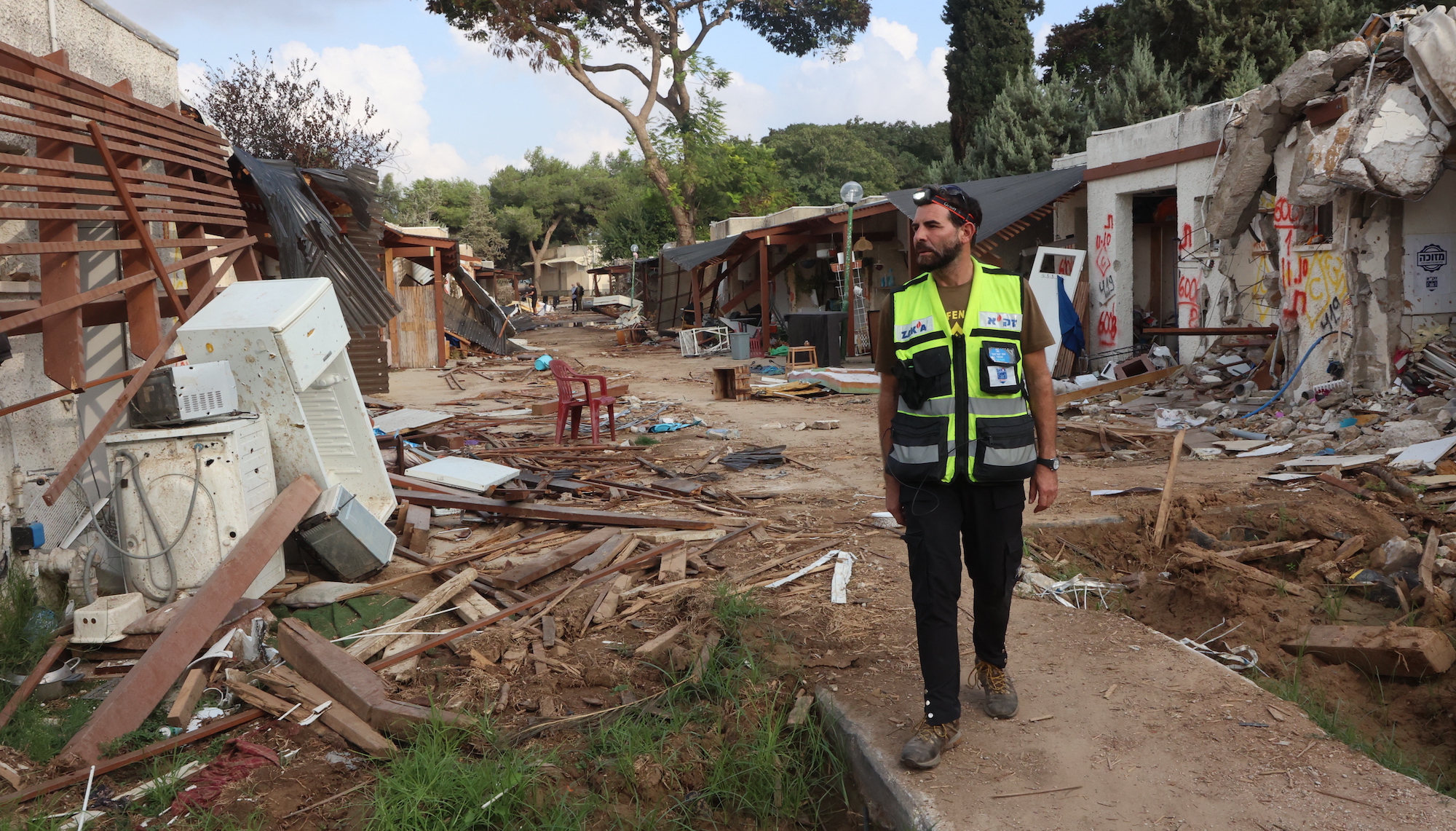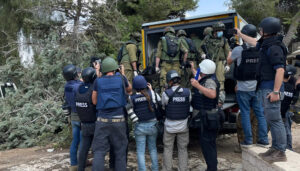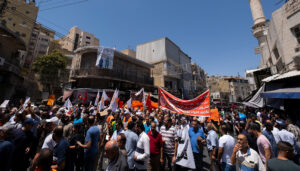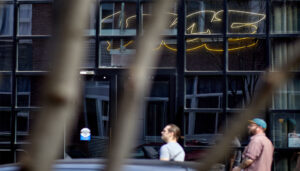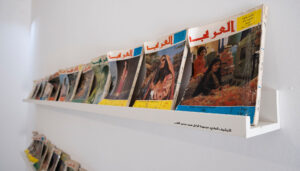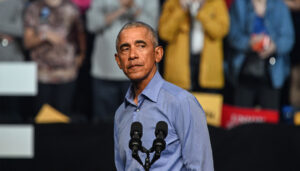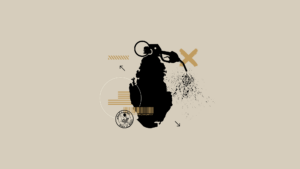By Abeer Al-Najjar*
Ultimately, the regime that ends the transmission of a news channel is not in a better position than the terminated channel itself. Many lessons can be learned or re-learned from the halt on the broadcast of AlArab news channel, especially concerning the conditions in which Arab media operates. First, political guarantees provided for media channels do not necessarily work as such; second, redlines are not as red, bold or observable as we expect them to be; they move back and forth and their masters are constantly fluctuating; and third is that the ‘everywhere but here’ mantra still holds in the region. Prominent Egyptian journalist Ayman AlSayyad concluded a facebook post about the termination of the channel’s broadcast saying “Arab media is held accountable for everything but their professional conduct”.
Bahraini authorities halted the transmission of the long awaited AlArab channel less than 24 hours after its launch on February 1st. AlArab owner prince AlWaleed bin Talal spent tens of millions of dollars and hired more than 250 Arab journalists. The news outlet promised its audience high quality and engaging coverage with their motto ‘AlArab- the story that matters to you’. The channel’s premises are located in the most prestigious area in the financial hub of the Bahraini capital Manama. So far, the future of the channel is unknown; scenarios for the pause in its broadcast diverge. AFP reported that the channel wasn’t “adhering to the norms prevalent in Gulf countries” quoting the Bahraini daily newspaper Akhbar Al-Khaleej. AlArab was particularly criticized for interviewing Khalil Marzouk, the assistant secretary general of AlWefaq National Islamic Society, a Shia Bahraini opposition association, in its first news bulletin.
Jamal Khashoggi, the Saudi General manager of AlArab, promised in a tweet, one day before the channel’s launch, that the channel will not stop Ali Salman, the Secretary General of AlWefaq Society, or Muslim brotherhood figures, or ISIS leader Abu Bakr AlBaghdadi from appearing on its screen.
AlArab’s Story
The channel has been in the works for the past four years and was expected to expand the spectrum of perspectives catering for more than 80 millions of Arab television audience. The king of Bahrain Shaikh Hamad bin Isa Al Khalifa invested heavily in the channel, perhaps looking for a Bahraini presence in the ever-growing Arab news media map. Bahrain, the host country, might have found it timely to invest in a pan-Arab news channel following the lead of Qatar in AlJazeera and AlAraby (launched on January 25, 2015), Saudi Arabia and Dubai in AlArabiya, and Abu Dhabi in Sky News Arabia. He supplied all the facilities to AlArab free of charge. This was in addition to his subsidies to Rotana Television Network, also owned by prince AlWaleed bin Talal, with around 10 million dollars of an in-kind support.
AlArab News and the Bahraini Authorities
This channel was not to succeed without attempting to increase the level of freedom, with guarantees from its Bahraini patrons, as this is the only niche for a news channel to attract the Saudi and Gulf audiences in an already crowded market. AlWaleed put his weight behind the channel, stating several times that AlArab is free to report news, and that questions about the coverage can be directed to him in person. At its inception, the channel enjoyed both the technological edge with state- of-the-art studios, facilities and equipment, as well as a large team of highly qualified reporters and editors.
The Bigger Picture
In addition to Al-Arab, Prince AlWaleed brought other investments to the small Kingdom of Bahrain, such as the Four Seasons hotel, Rotana Network and others. The prince chose Bahrain over other options including Dubai, Egypt and Jordan. It was closest to his heart and his home country, where some of the trouble might have been mounting.
In addition to AlArab’s interview of the Shia Bahraini leader, the bigger regional can help explain the interruption of its broadcast, specifically the changes that took place within the Saudi regime. Prince AlWaleed and his father are viewed as outspoken and critical within the regime. Interests may have changed on both sides, in Bahrain and Saudi Arabia.
Time will reveal whether the closure of AlArab will result in more self-censorship in pan-Arab news media. But this story also reveals current constraints within which other channels are forced to work. Some people on Twitter questioned the “wrong” aspect of AlArab story; the wrong location; wrong timing considering the political changes taking place in Saudi Arabia or the wrong medium, saying that investment in creating news media platforms should have been happening online where, despite the lack of freedom, there is a higher threshold for bold reporting.
The Way Out of the Bottleneck
A few scenarios emerge as a potential next episode in the short-lived story of AlArab. The first scenario is “there was a channel here” – which will be harmful for all parties especially Bahrain, and will definitely backfire. If this path is chosen, it will dramatically damage Bahrain’s reputation rather than help its public diplomacy efforts and international status. This will also be a huge loss, a grave waste of investment and lose-lose game to all Arab media and regimes in the long run, especially with rising international competitors like BBC Arabic, France 24, Russia Today and others.
The second is the “crippled comeback scenario”. This will happen after changes in the senior editorial team. The channel will recruit or reposition a lower profile technocrat senior staff after a realizing the limits of the news game. We could see a gradual or sudden tuning down of the channel’s coverage, accepting a more humble place within the Arab media scene. This scenario requires a new mix of feature-style entertaining human-interest stories away from real political and social issues, which is lacking in non-PR news about the gulf region.
The third scenario is to relocate the channel to a different country that is far from the direct political pressure and sanctions; London is one of the feasible options. The city recently witnessed the inception of a few Qatari media ventures including Alarabi AlJadeed newspaper, AlAraby TV channel, and the upcoming Huffington Post Arabia, in addition to AlGhad AlArabi channel and Rai AlYoum newspaper.
The Bahraini Daily Akhbar Al-Khaleej
Much of what’s speculated so far about the halt of AlArab is attributed to a news item and an opinion piece published one day after the launch by Akhbar Al-Khaleej newspaper which is considered close to the Bahraini regime. Notably, national Arab news sources often attack pan-Arab news media including AlJazeera and AlArabiya. As local media in Qatar and Saudi Arabia attempt to assess pan-Arab news outlets by their criteria, national news sources in the two hosting or sponsoring countries, cannot compete with the quality, the investment, the caliber of the editorial teams or the threshold for media freedom that the pan-Arab news media enjoy. Issues pertaining the nationalization of these major outlets (Saudization of AlArabiya or Qatarization of AlJazeera) were repeatedly raised in the press in these countries as national concerns. The attack of Akhbar Al-Khaleej can be understood in this context, in addition to the common trend amongst many publications in Arab countries to work as agents sending indirect messages on behalf of the regime, or preparing public opinion and rallying them behind the regime, or antagonizing the public against certain media outlets or public figures. National media still needs to understand that their standards for media in the respective countries don’t apply to pan-Arab news media.
The threshold for freedom in pan-Arab media was negotiated and benchmarked first in the old host countries. Albeit monitored by proxy, MBC was first established in London, and ART started broadcasting from Rome away from direct intervention by any Arab government. The position and role of AlJazeera, and the status bestowed upon media through investment in Dubai and other Arab countries contributed to some level of apparent, yet cosmetic freedom of the press. These channels work mainly as tools of public diplomacy enhancing the image and international statuses of the sponsoring countries, especially when political tides in the region were shifting and modest tolerance for freedom of the press was emerging as a necessary requirement of the time.
—-
*Abeer AlNajjar, PhD, is an academic and a researcher who specializes in Journalism and Media Studies. Former dean of the Jordan Media Institute in Amman, Al-Najjar is a member of an Advisory Group of Experts working on “World Trends in the State of Freedom of Expression and Media Development” in the MENA region. AlNajjar published many journal articles and book chapters about Arab media including “Patriotism and Popularity in News: Tough Choices Facing Arab Journalists.”
